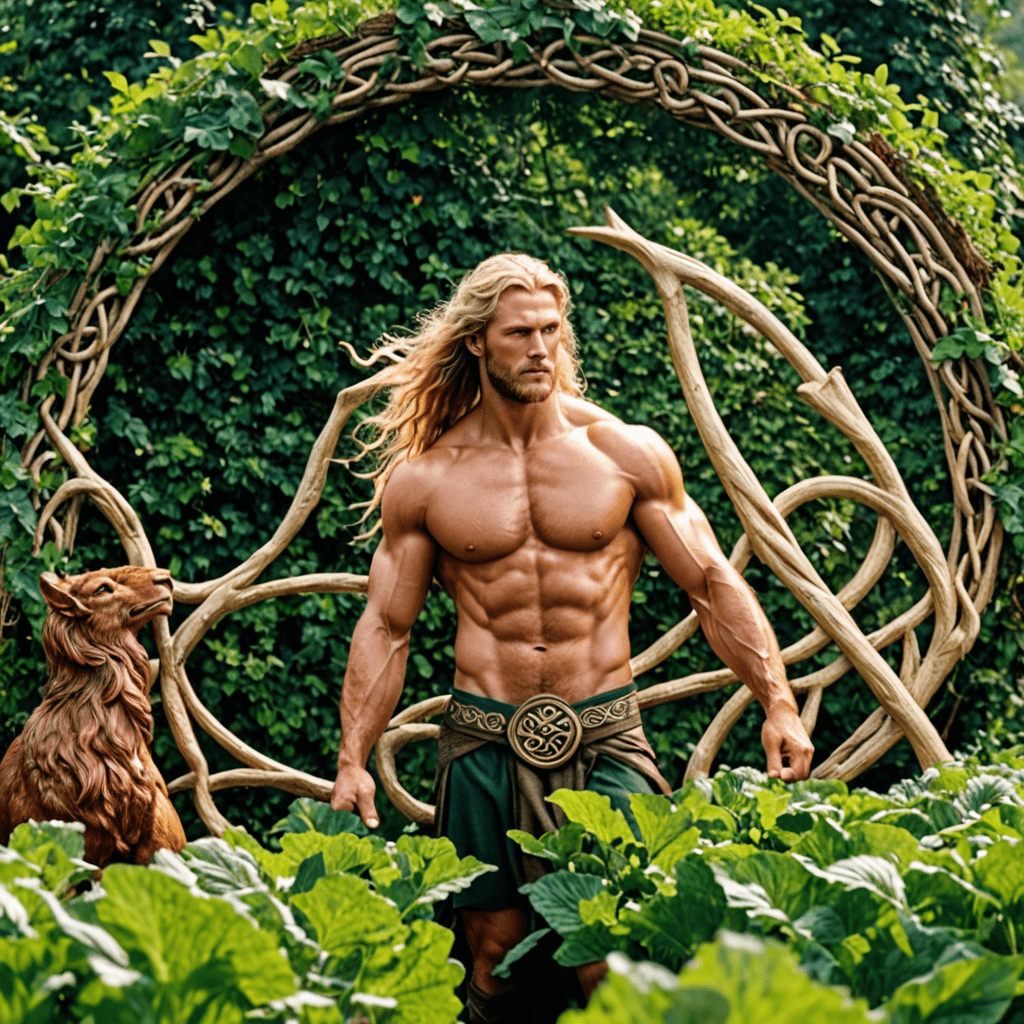The Connection Between Celtic Mythology and Agriculture
Celtic mythology is rich with tales that often intertwine with the natural world, including agriculture. Let’s explore the significance of agriculture in Celtic mythology and how these stories reflect the ancient Celtic understanding of the land and its importance in their lives.
The Importance of Agriculture in Celtic Society
Agriculture played a vital role in the lives of the ancient Celts. The success of crops directly impacted the prosperity and well-being of the community. Legends and myths were intertwined with the cycles of nature, reflecting the dependence of the Celts on the land for sustenance.
Celtic Deities Associated with Agriculture
In Celtic mythology, various deities were linked to agriculture and harvests. For example, the god Lugh was not only associated with skill and craftsmanship but also with the harvest season. Another prominent figure is Cernunnos, the god of fertility and abundance, often depicted with cornucopia symbols. These deities represented the spiritual connection between the Celts and the earth’s bounty.
Rituals and Festivals Celebrating Agriculture
The Celts celebrated agricultural milestones through rituals and festivals. One such example is the festival of Lughnasadh, honoring the god Lugh and celebrating the first harvest. These celebrations were not only about giving thanks for the bounty of the land but also about fostering a sense of community and reinforcing the ties between the people and the earth.
Understanding the connection between Celtic mythology and agriculture provides insight into the deep reverence the Celts held for the land and its ability to sustain life. These ancient beliefs shaped not only their spiritual practices but also their social and cultural traditions.
FAQ: The Connection Between Celtic Mythology and Agriculture
What is the significance of agriculture in Celtic mythology?
In Celtic mythology, agriculture was closely intertwined with the beliefs and practices of the ancient Celts. The cycles of planting, growing, and harvesting were often connected to Celtic deities and myths, symbolizing renewal, abundance, and the cycle of life.
How did Celtic mythology influence agricultural practices?
Celtic mythology influenced agricultural practices by underlining the importance of rituals, offerings, and ceremonies to ensure bountiful harvests. The Celts believed in honoring nature spirits and deities to secure the fertility of the land and ensure successful crops.
Which Celtic deities are associated with agriculture?
Several Celtic deities are connected to agriculture, such as Cernunnos, the horned god of fertility and vegetation, and Demeter, the goddess of the harvest. The Celts also revered deities like Lugh, associated with craftsmanship and the harvest, and Danu, the mother goddess symbolizing abundance and nurturing.
What agricultural festivals were celebrated in Celtic culture?
Celtic culture celebrated various agricultural festivals throughout the year, such as Beltane marking the beginning of summer, Lughnasadh celebrating the first harvest, and Samhain honoring the end of the harvest season. These festivals were crucial in honoring the deities, seeking their blessings for




